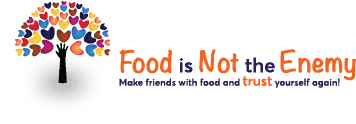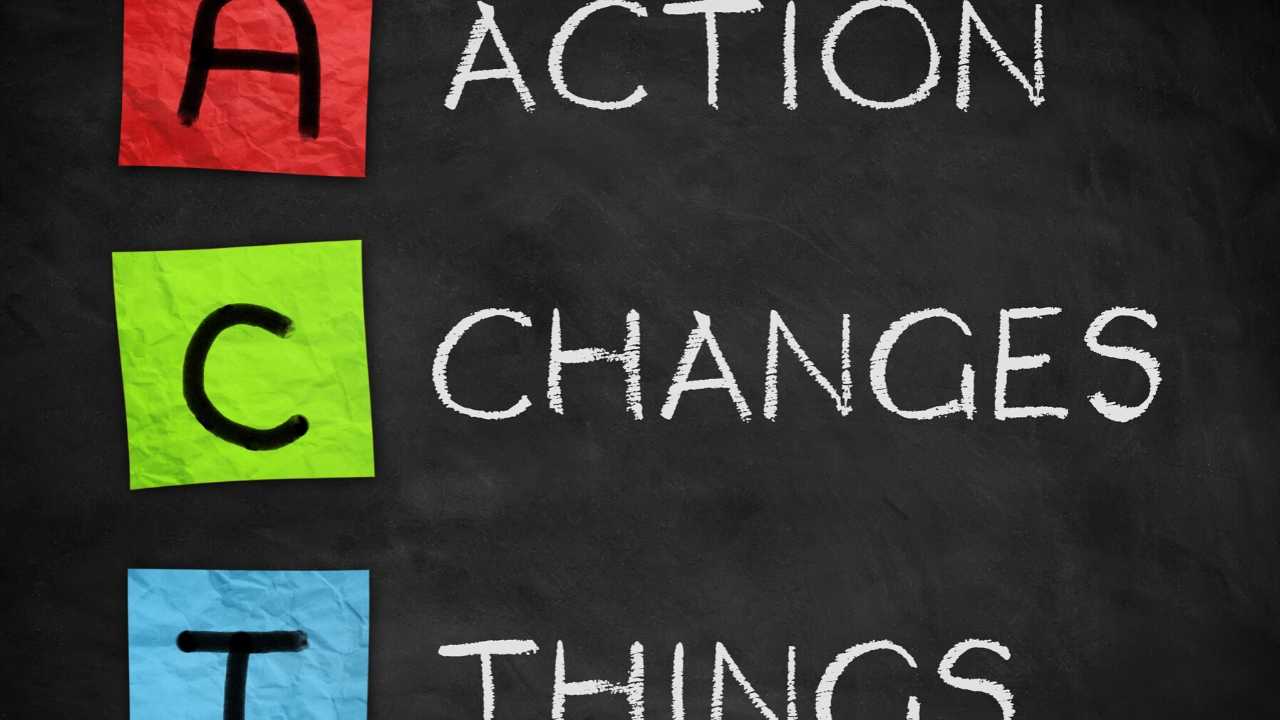A colleague, Tina Gilbertson, and I were talking about the support groups we have been attempting to start. My group is a process group for those struggling with food and body image and Tina is working on a group called “Women of Size,” intended to help women feel good in their bodies, no matter what size.
Tina and I were discussing the reasons it seems so difficult to get a group going. One reason, we determined, is the shame people feel that keeps them isolated. We know that being with others who feel similarly would be a good thing. However, we also recognize the challenge of sharing with others, even those that might understand you the most.
Tina also brought up her concern that potential group members would look at her and think “she doesn’t understand what it is like to be big” simply based on her body size. This comment reminded me of the many times I have heard a client or others share about someone commenting on their appearance as though how they look determines how they feel inside. Comments such as “you don’t look like you have an eating disorder,” or “you have everything, why would you have an eating disorder?” or “I wish I looked like you.”
Poor body image touches most (I would argue it touches all) of us to some degree. Yet, we still have a hard time “seeing” others beyond what we see with our eyes.
It is due to this discussion that I thought about interviewing Tina for my next newsletter. I hoped that through this interview, Tina could talk about her thoughts and feelings about society’s role on your feelings about your body. We hope to encourage you to stop hating yourself because of how you look. In turn, you will support others in doing the same.
Tina, please tell me a little about yourself:
I’m a mental health counselor in private practice in Portland. I came to counseling relatively late in my professional life, having spent a great many years pursuing different careers in media – acting, writing, editing and producing. I still enjoy using words, images and performance in my therapy practice. I maintain my own website, and love to think up new ideas for talks and workshops. I’m about as happy in my work as anyone should be allowed by law to be. I absolutely love what I do.
What led you to want to start your group “Women of Size”?
I’ve long believed that the bigger problem in our society is not extra body weight, but the emotional harm that’s done to the people who weigh more than society feels they should. It occurred to me that if I could help women of size take a step outside the shame and self-blame cycle, I might be able to make a dent in the related problem of lost human potential. There are way too many people out there who lead socially and professionally restricted lives because of their weight. And that is tragic. I’m considering opening the group to men as well, by the way, depending on interest.
How is it that you don’t agree with the rest of society, even though you have never been a size that society would see as “bad”?
I must have missed school on the day they taught us to blame others for their genetic makeup. Having been exceptionally tall from an early age, I know first-hand that we’re not responsible for the general shape and size of our bodies. I’m also well aware that if I were expected to go on a diet “for my own good,” I wouldn’t last a week because I don’t have the will power to starve myself. I want to be able to eat when I’m hungry, and I want everyone else to be able to eat when they’re hungry, too.
What would you most like to get across to those who struggle with poor body image?
I think I’d like to get across that feeling awful about your body means that you’re participating in your own oppression. If someone hands you a gun, does that mean you have to shoot yourself? And I’d like to communicate that your self-esteem is way too precious to leave in the hands of other people. And that you only have one life, so you should think about whether you really want to spend all of it hating yourself for ANY reason. And lastly, that it’s imperative to seek out non-judgmental, not-ignorant people of all sizes to hang around with. They are out there, and they can be your allies in the war against prejudice.
What, in your opinion, is the most challenging obstacle for women and men struggling with poor body image in our society?
Well, there are many. But it seems to me that one of the most challenging is a cultural view of the body as an accessory. Instead of seeing our bodies as vessels for our spirits, to be celebrated and cherished, our culture seems to view the body as a material possession. And so it becomes a status symbol like the kind of car you drive, or where your kids go to school.
What are some of the things you hope that group members will gain from participating in your Women of Size group?
I’d love it if they shared ideas for dealing with the insensitivity they encounter out there. I’d like them to begin to turn anger outwards, where it belongs, instead of in on themselves.
They’ll learn a ton about who they really are and who they want to be in the process of sharing themselves with others. Often, just being able to talk openly about your thoughts and feelings with people who understand can be healing and empowering.
I mostly hope they start to think of themselves as worthy and complex individuals with an array of interesting personality traits, rather than just being “the fat girl.” I want to eradicate the shame and low self-esteem, and cultivate a new set of feelings: self-love, forgiveness and the joy of living.
Thank you, Tina, for your words of wisdom and encouragement.
In creating this interview with Tina, I began to realize the power of having you speak out as well. Therefore, I am interested in compiling statements, stories, successes that you have had in healing your relationship with food and your body. Keep in mind that your stories do not need to appear like a big deal. I think that often it is the small successes that give hope. Send me a one liner if you want. I think your words of success will remind others that recovery and healing are possible!
If you would like to submit success for others to read, please email them to me at anne@cuthbert.org. If you want me to include your first name, let me know. If you prefer to remain anonymous, that is fine too.

